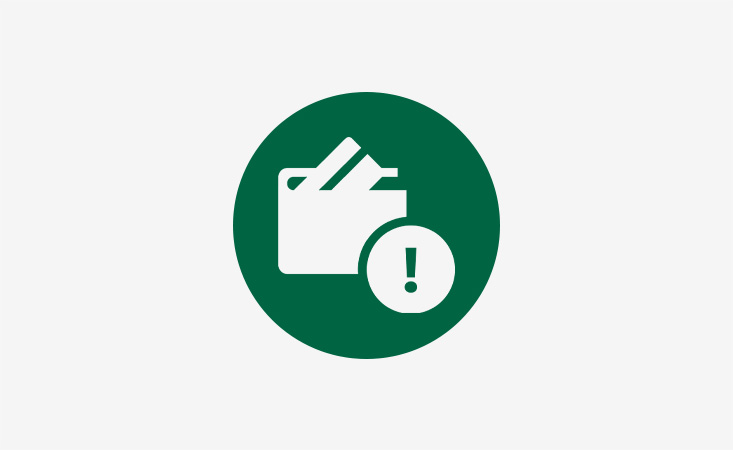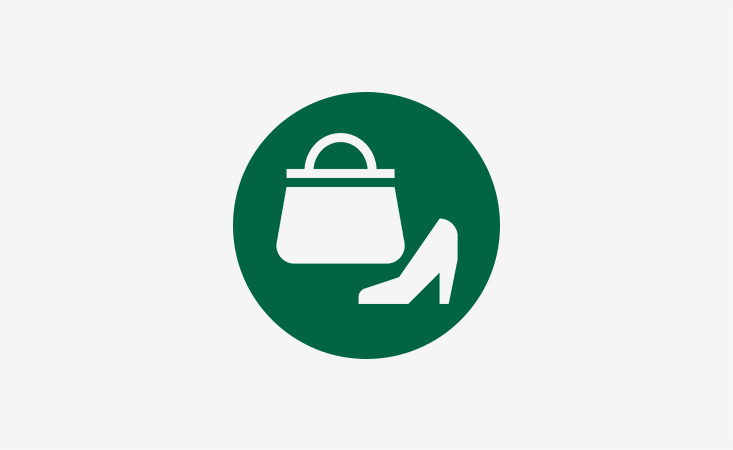Where is your kiwi business on its sustainability journey? How does it compare to its competitors? And what should it be doing to keep up? This exclusive report has the answers…
Sustainable logistics is no longer just a “nice to have” for New Zealand businesses. Your customers, stakeholders, employees, and potentially investors are increasingly scrutinizing your Environmental, Social, and Governance (ESG) practices as a critical measure of long-term value and credibility.
Kiwi businesses embracing ESG principles are not only reducing their carbon footprint, but also enhancing their brand reputation, gaining a competitive edge, and securing long-term financial growth.
To explore more, DHL Express conducted an in-depth survey with SMEs across the world, exploring their approaches to sustainability; how much of a priority it is within their business strategy, their willingness to invest in low-emissions logistics, the biggest challenges they face in doing so, and the evolving expectations of their own customers.
This report brings the key results together, and shares actionable steps your kiwi business can take to improve the sustainability of its own logistics.
Sustainability matters: DHL Express’ global survey on small businesses
Over 5,000 SME decision makers were surveyed, across 11 markets: the UK, France, Germany, the Netherlands, Australia, China, Singapore, Japan, Mexico, Canada and India. The SMEs spanned nine industry sectors – retail, consumer goods, professional services, engineering, fashion, technology, chemicals, life science & healthcare, and financial services – to give a comprehensive view of the relationship between sustainability and SMEs.
7 key takeaways:

Sustainability is a key priority for businesses
At least two thirds of SMEs within all surveyed sectors said that sustainability is either “very important” or “extremely important” to them. The financial services sector and fashion sector agreed most strongly with this – 81% of respondents in each group answered this way.

Most SMEs are reluctant to invest in sustainability
Despite widespread understanding of the importance of the issue, many SMEs are reluctant to allocate any serious budget towards sustainability. Most (53%) are only willing to invest 1-3% of their operating budget into sustainable solutions. Only 9% will invest more than 5%, whilst 16% will invest nothing.

China and India emerge as sustainability leaders
They may be known as global manufacturing and exporting giants, but SMEs across these regions are leaning into sustainable logistics practices. 72% of Chinese SMEs and 59% of Indian SMEs said that sustainability is “extremely important” to their business – versus a global average of 35%. At the other end of the scale, only 16% of Japanese SMEs said the same.

SMEs lack confidence in customer demand for sustainable shipping
Globally, just 23% of SMEs believe their customers would be “very” or “extremely” willing to pay more for sustainable shipping. When reviewing the results on a country level, confidence is notably higher among SMEs in India and China, where 51% and 47%, respectively, believe their customers would be willing to do so.

Securing internal and customer support is a leading challenge for SMEs
When asked about their challenges in reaching their sustainability goals, the main concern for most SMEs across all markets was getting internal and customer buy-in. This was particularly prevalent in Germany, where 74% of SMEs felt this.

Fashion industry defies stereotypes
Despite existing in an industry that often receives negative press around its manufacturing processes, most fashion SMEs are strongly pro-sustainability. 81% of respondents in the sector said it is “very important” or “extremely important” to their business. 78% said they feel offering sustainable delivery options could improve their brand image (“to some/a large/a very large” extent).

Financial services sector sits firmly in its sustainability era
SMEs in the financial services sector were the most likely to say sustainability is “extremely important” to their business (43%). They were also the most willing to allocate operating budget to sustainability practices (88%), and the most likely to feel offering sustainable delivery options could lead to increased commercial success (47% “to a large/to a very large” extent).
With SMEs placing increasing importance on sustainable logistics, DHL is investing in solutions to help them meet their goals. Strategy 2030: "Accelerate sustainable growth" is DHL’s commitment to support customers in decarbonizing their supply chains, with industry leading solutions like GoGreen Plus.
Explore the survey in greater detail and gain valuable insights to empower your New Zealand business’ sustainability strategy.
Grow your business with DHL Express
Grow your business with DHL Express
Ready to make your business more sustainable? With a DHL Express account, you can take advantage of our shared commitment to low-emission logistics, including sustainable aviation fuel for international delivery.
Apply now